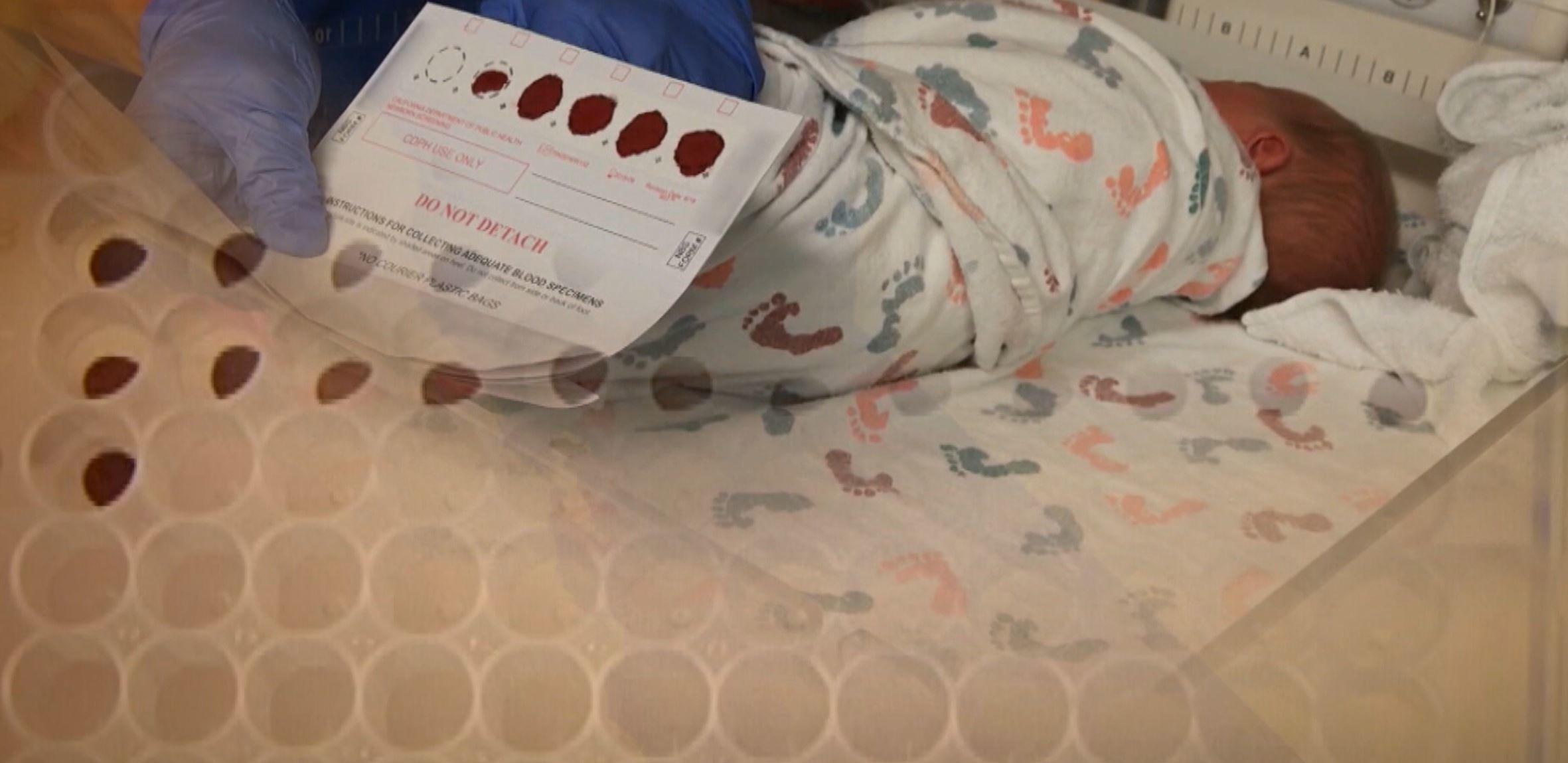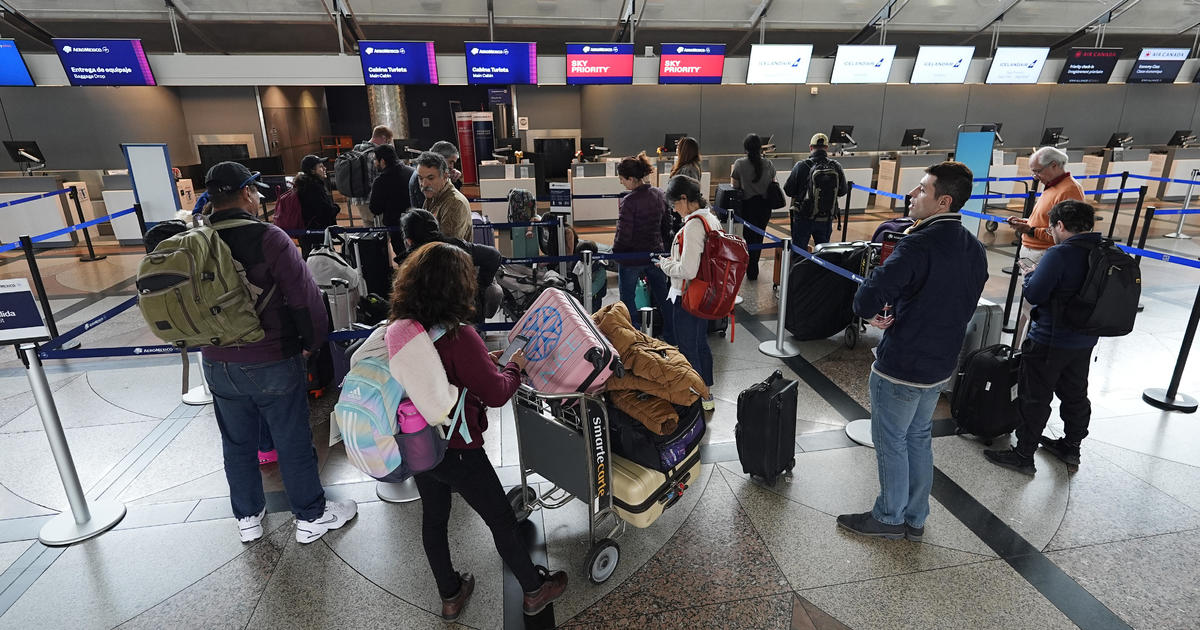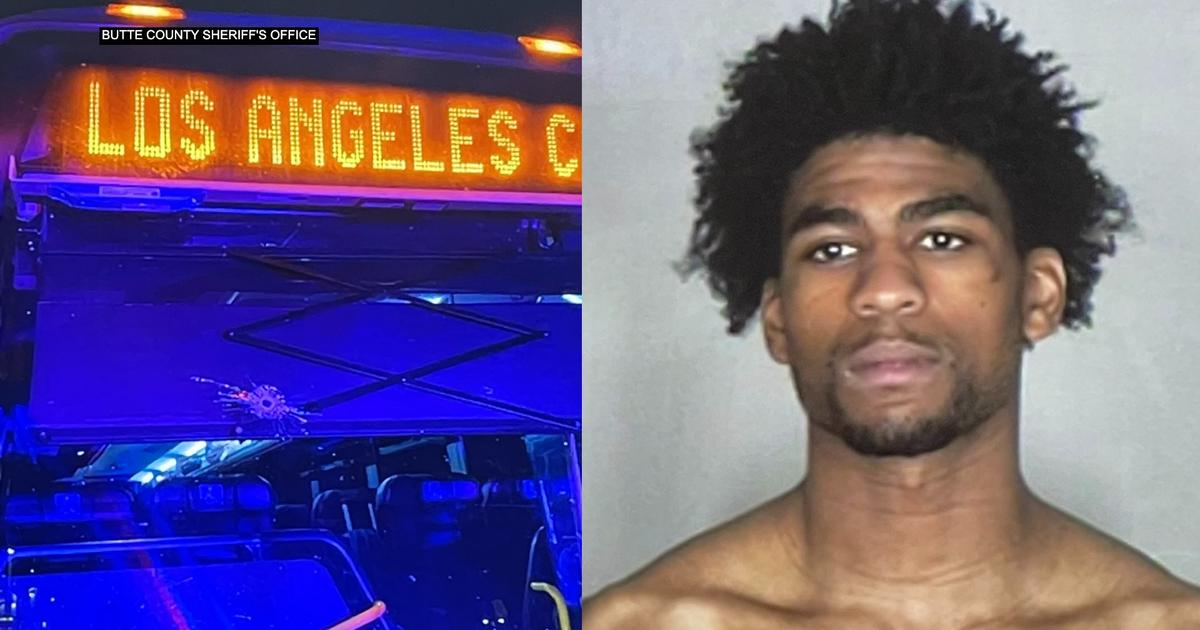California Known For Sunshine, But Not In Legislature
LOS ANGELES (AP) - California law appears clear: Access to information on how the Legislature conducts its business is a "necessary right of every person in this state." But decades after those words were written at the height of the Watergate era, the Assembly and Senate remain, in many ways, dark corners within government.
How do legislators spend their time at the statehouse? Beyond floor votes and public committee meetings, the details are often a mystery. Lawmakers' daily calendars - who they meet with, where they go and with whom - are not available for public review unless legislators release them voluntarily.
Correspondence, such as when a lobbyist writes a legislator, remains out of public reach. Curious about complaints filed against members of the Legislature? Generally, they are exempt from disclosure. Records maintained by the legislative counsel? Again, largely exempt.
Hundreds of bills are enacted each year in the statehouse, yet the process that shapes them remains obscured.
"There is zero transparency in legislative deliberations in California," said Peter Scheer, executive director of the First Amendment Coalition, an advocacy group. The open-government advocate argues that the state law allows the Legislature to run in virtual secrecy.
"Legislators don't think of bills to introduce; special interests do that. Legislators don't draft the bills; special interests do that. Legislators don't read the bills they vote on; they are told how to vote by special interests," Scheer added.
Most state agencies are subject to what's known as the California Public Records Act, a law that holds that government records should be open for public inspection in most cases. However, the Legislature is exempt from those requirements. It operates under its own, narrower set of rules - the so-called Legislative Open Records Act.
Questions about government transparency have long shadowed the Legislature, where 80 Assembly members and 40 senators conduct business. In practice, that law allows the Legislature to make the call on if, and to what extent, many records can be scrutinized.
A highly publicized example came last year, when the state Senate said it would keep secret a taxpayer-funded report about Capitol staff hiring friends and relatives, citing broad exemptions under its records law.
Legislators' office budgets were off limits until a 2011 court decision, which forced the release of spending records for millions of taxpayer dollars that were deemed secret under the Legislature's interpretation of its records rules.
The Legislative Open Records Act was written by lawmakers in 1975, a time when the Nixon White House scandal left many Americans suspicious of government. Although intended to promote openness, the act lists a string of exemptions from public disclosure, including communications from private citizens to the Legislature and detailed phone records. Drafts, notes and legislative memoranda, records pertaining to lawsuits, personnel and medical files also are considered confidential.
There is a broad exemption for anything that would amount to an "unwarranted invasion of personal privacy." And it's the Legislature that gets to decide what meets that test.
The law leaves "the Legislature open to the charge that you make all these consequential disclosure rules for other government branches, but somehow you can't stand the light of day yourself," said Terry Francke, head of Californians Aware, a group that promotes government transparency.
"The exemptions to that law are so comprehensive and overlapping, you are not likely to get any substantive information," Francke said.
Some change could be on the way, but the Legislature has a history of shelving attempts to change its disclosure practices.
In an interview, Assembly Minority Leader Kristin Olsen said she is preparing a proposal that would require bills to be in print at least three days before any legislative action can be taken, ending a practice in which legislation sometimes surfaces just before a vote is called. Democrats have rejected similar proposals in the past.
Olsen, R-Riverbank, recalled a case when a bill wasn't produced until after a vote was tallied. The proposal would "end the midnight votes on backroom deals and bring greater transparency" to the Legislature, a summary provided by her office said.
Olsen said she was shocked after arriving in the Legislature to learn that office budgets were deemed confidential. When an Assembly committee said the documents were not public records, Olsen was one of four GOP lawmakers who voluntarily released her office budget to The Associated Press in 2011.
Ultimately, she'd like to see the Legislature brought under the umbrella of the California Public Records Act. Open-government advocates say that would be a significant improvement, even though that, too, has been criticized for having too many loopholes.
Over the years, legislative leaders have defended their right to private conversations and communications, which they say are necessary in internal deliberations. Former Senate President Pro Tem Darrell Steinberg, D-Sacramento, said in 2010 that lawmakers needed room "for candid, private discussions among and between colleagues."
"When we don't operate in transparent ways it leads to greater distrust in government, suspicion and greater apathy," Olsen said. "Transparency shouldn't be a partisan issue."
Copyright 2015 The Associated Press.



